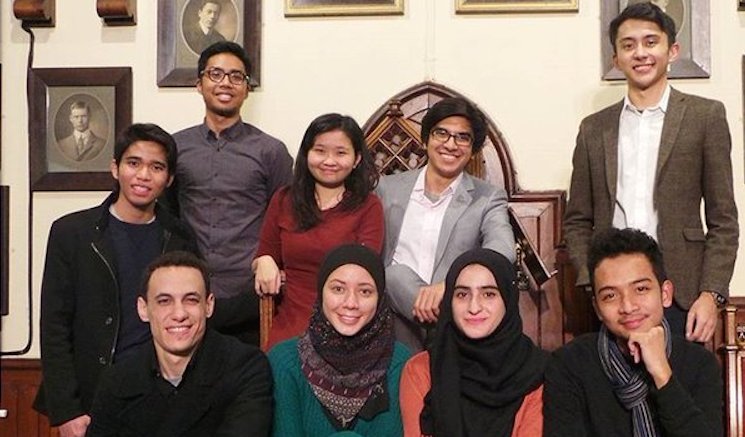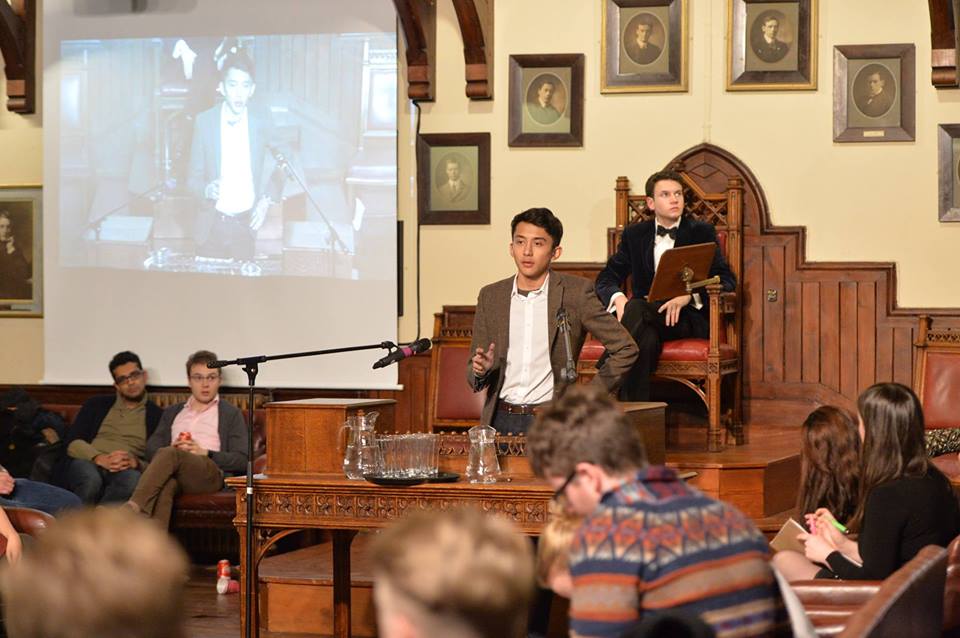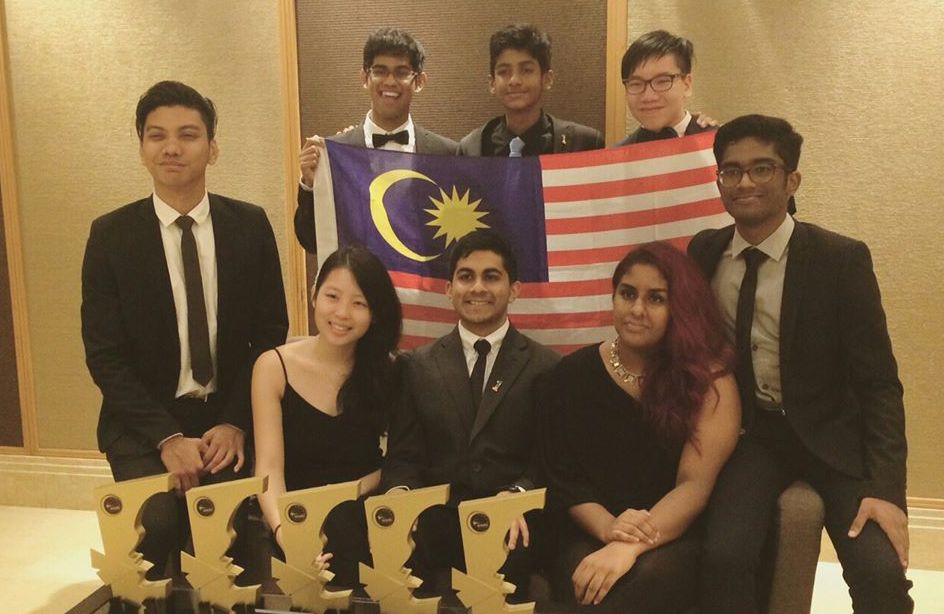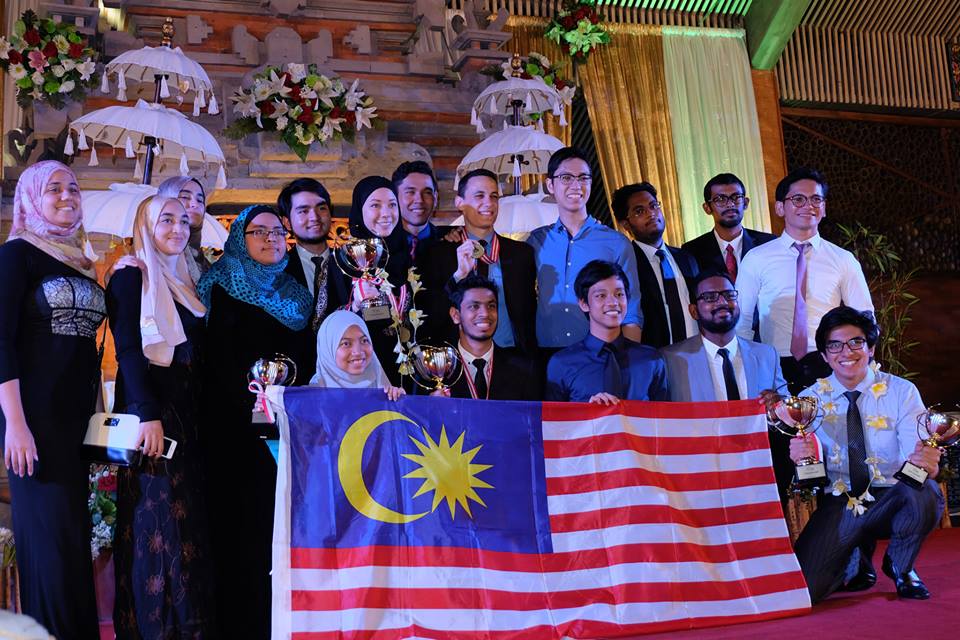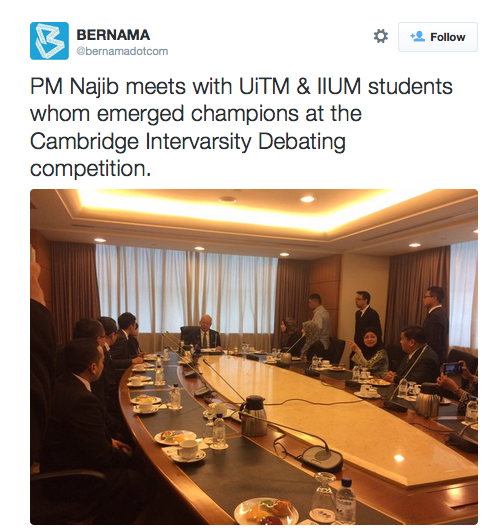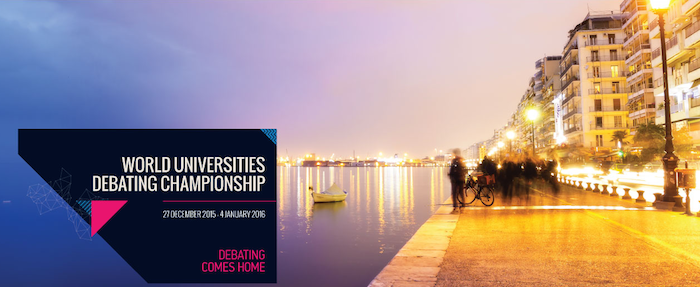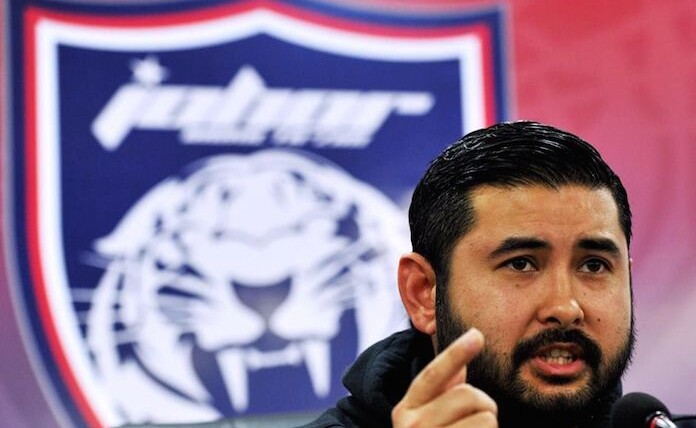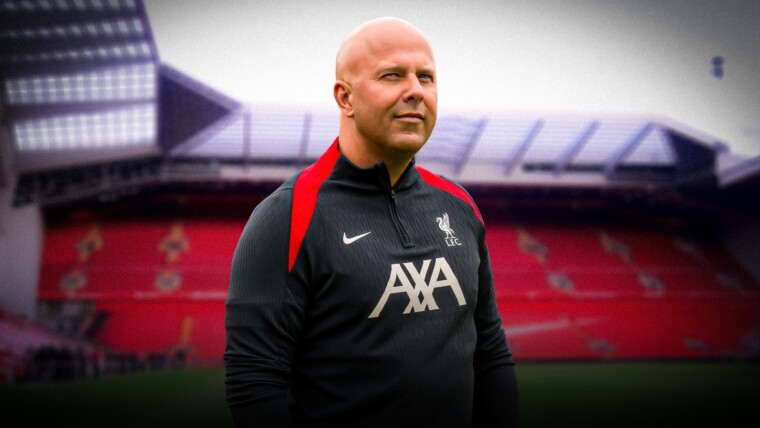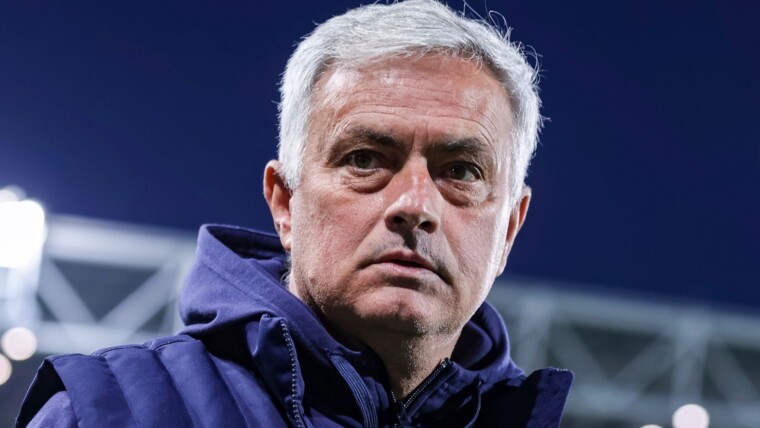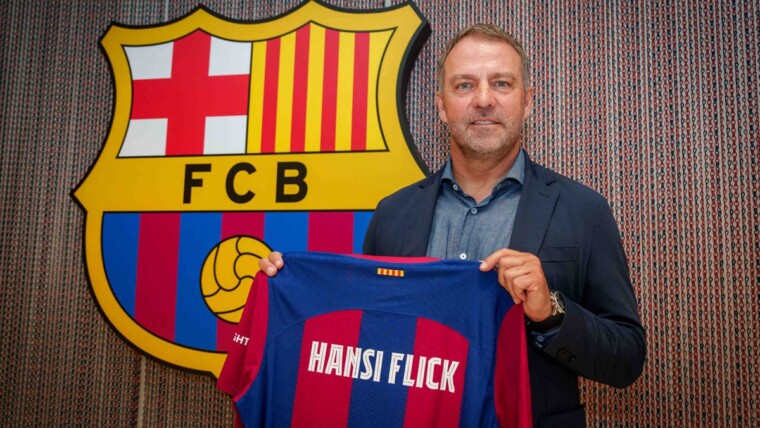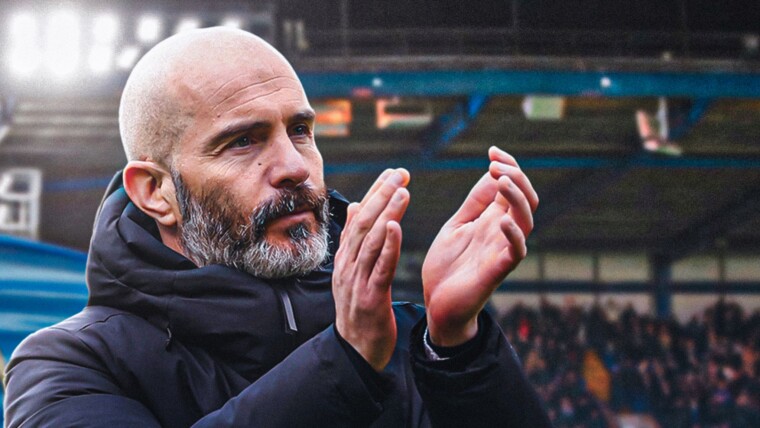Last weekend, a group of Malaysians pulled off a stunning upset at the Cambridge Inter-Varsity Debating Championships by winning the two contested categories. Mifzal Mohammad and Jasmine Ho of UiTM Shah Alam clinched the Open Category by powering past two teams from the University of Toronto as well as a team from the Trinity College of Dublin, in the final.
On the other hand, Ameera Natasha Moore and Sara Rahim from the International Islamic University of Malaysia (IIUM) bagged the ‘English as Second Language’ category by dispatching two teams from the Netherlands – Leiden A and Leiden B – as well as a team from Israel, Tel Aviv A.
While their achievement was unprecedented, largely due to the scale of competition present at the tournament, it’s was also a long time coming. In fact, it’s a culmination of systematic efforts that have been made to implement a culture of debating within the country. As much as the success in itself is worth impeccable celebrations, there’s a bigger picture ahead of them all – The World Universities Debating Championship (WUDC) or fondly known as Worlds
HOW BIG IS THIS WIN?
The Cambridge IV is held on a yearly basis as a pseudo Pre-WUDC tournament, and it’s incredibly competitive – featuring institutions from all over the globe. It’s a fitting pre-WUDC tournament in many ways, because it offers diverse competition, which is usually the omnipresent trait of every WUDC. No Asian team has won Worlds before. And with Cambridge IV, it’s the same case as well – precisely why Mifzal was incredibly stoked to have clinched the tournament win. “When they announced the result, I went blank for a good 10 seconds, while everyone else around us went wild,” he told FourthOfficial.com
It was never easy though. Leave alone that debating isn’t exactly a culture that’s systematically fostered within our education system and is more often than not treated as a foreign culture – elements of discrimination plagues the foreign circuit as well, particularly in adjudicating Asian speakers. Jainah Jaafar, who is currently spearheading the UT Mara Debating Society said: “I’ll just be honest and say that we’ve been discriminated many times over the years, be it implicitly or explicitly. I can acknowledge that there have been some trends of change, but definitely not fast enough. And it’s disheartening to see the Asian community receive so much flak for just being who we are.”
So this wasn’t just a victory. It’s one that was accomplished whilst not having any odds on their side – be it historical or circumstantial. One that was a culmination of their hard work and effort over the last four to five years. Thousands of hours have been spent on reading, analyzing current issues, improving speech structures, developing debate strategies and just generally improving the speed of their thought process. Jainah summed it up perfectly as well: “These individuals have so much of drive and ambition in them and they are relentless, especially when circumstances aren’t in their favour. I mean that in a good way, of course. They’ve never given up in the face of adversity.”
DEBATING CULTURE IN MALAYSIA
Contrary to popular perception, debating – as a sport – is growing tremendously within Malaysia. On a political level, we may not be a debating nation just yet, but as a competitive activity for students, it’s generally huge. The expansion of this culture is due in no small part to the establishment of Malaysian Institute for Debate & Public Speaking (MIDP). They have taken upon the mantle of managing the entire debating community in Malaysia and currently spearhead the hosting of annual events like the National Inter-Varsity Debating Championships. MIDP even partnered with UT Mara to host Worlds last year.
While it’s difficult to provide an accurate number, the ‘Malaysian Debaters’ group on Facebook houses close to 8,300 members as of now and it’s a community that continues to grow. More importantly, it has always been self-sustaining. Ex-debaters continue to be active within the community and they continue to play a key role in the development of new debaters. “Everyone gives back the community. Ex-Varsity debaters are still active within the community – they either judge in tournaments, help organize them or even coach schools and other tertiary institutions. It has played a big part in our growth on the international debating scene,” said Tim Andrew, an alumnus of Asia Pacific University, who made the ESL Grand Finals of WUDC 2011 in Botswana.
Youth development is equally rampant as well. Malaysia finished 7th out of 53 countries at the World Schools Debating Championship (WSDC) this year – with 15 year-old debater Kishen Sivabalan being crowned the 7th best speaker in the world. Four years ago, Malaysia was categorized under Grade E of the WSDC charter but after their impeccable showing in this year’s edition of the competition, Malaysia are now recognized as a Grade A nation, as far as their rankings are concerned.
The manifestation of this paradigm shift – according to the Head Coach of WSDC Malaysia, Don Siron Pereira – was primarily fueled by the system that has been developed by MIDP, to maximize their ability to tap into the pool of talent within Malaysia. “We were able to gather a lot of talent to shortlist for the national team. The inclusiveness of the system was the key to our success,” he was quoted as saying in a press conference earlier this year. And Siron himself, is an alumnus of the KDU Debate Association (KDUDA) – you get the trend now, don’t you?
But is it really that important of a culture or activity? “I think it is very important. Almost as important as academics. The world is changing its priorities. Top companies are less concerned about finding straight A students and are geared towards looking for individuals that are holistic and well learned about the real world. Debating provides that transformation,” Siron enthused.
Jainah echoed similar sentiments, pointing out that it stresses on the importance of developing critical thinking. “I think it shows the importance of having opinions and being critical thinkers. It sounds like a cliché, I’m sure. But I think it demonstrates to the entire country that sometimes we can challenge ideals, and we can be intelligent while doing it,” she said.
WHAT’S NEXT FOR MALAYSIAN DEBATERS?
Barriers are inadvertently being broken and participation is on the rise. But there are still strategic barriers that need to be dealt with. Issues that are debated in tournaments, can be extremely complex – ranging from social issues in western liberal democracies to the implications of a financial bailout. More often that not, the core idea of it can sound overwhelming to most individuals out there, which makes it a lot more difficult to get people to be a part of the culture.
Then comes the culture of inferiority. To a large extent, it wouldn’t be unfair to suggest that people go overboard in their criticism of public universities in Malaysia, particularly UT Mara. The criticism, more of than not, translates into tangible stigma, when it comes to evaluating graduates of these institutions. UT Mara’s triumph in Cambridge is a positive step forward, in combating those perceptions.
Malaysia is beginning to flex its muscles on the international debating scene. IIUM finished 10th out of 370 teams at Worlds last year. They are also the reigning champions of the United Asians Debating Championships (UADC) – in which Syed Saddiq was crowned Asia’s best debater. SMK Sri Permata – who are also coached by Don Siron – clinched the Asian Schools Debating Championship title earlier this year by defeating Philippines’ Ateneo High School in the final. Three out of four teams that made the finals of the Asian British Parliamentary (ABP) Championship this year, were Malaysian teams.
It’s a prosperous cycle of inspiration, really. Every triumph opens a new door; it creates a new sense of belief. Malaysia’s victory in Cambridge is no different – except that it’s set to leave a bigger impact. MIDP recently revealed their intentions to form a stronger WSDC Malaysia team to compete for the overall title in 2016. Tertiary institutions are beginning to increase financial support for their respective debate teams. However, Mifzal is hopeful of a more complex shift. “For Malaysia, I hope this helps in motivating more people to debate and aspire to goals beyond the conventional. To build the culture of debating in Malaysia that we all want and to be world beaters, requires people to feel it is possible, and I can only hope this aids in some way to achieve this goal,” the 22 year-old proclaimed.
At the end of December, a strong contingent of Malaysian debaters will depart for Greece to compete in the 36th World Universities Debating Championship.There’ll be a difference, this time around. These individuals will no longer go to Worlds as perennial underdogs looking for an inspired breakthrough. Thanks to the self-sustaining efforts of a vibrant community and the hard work of four incredible individuals, Malaysia will be heading into Worlds as a force to be reckoned with.
Watch out Greece, Team Malaysia is coming for you.
Other posts by Keeshaanan Sundaresan

